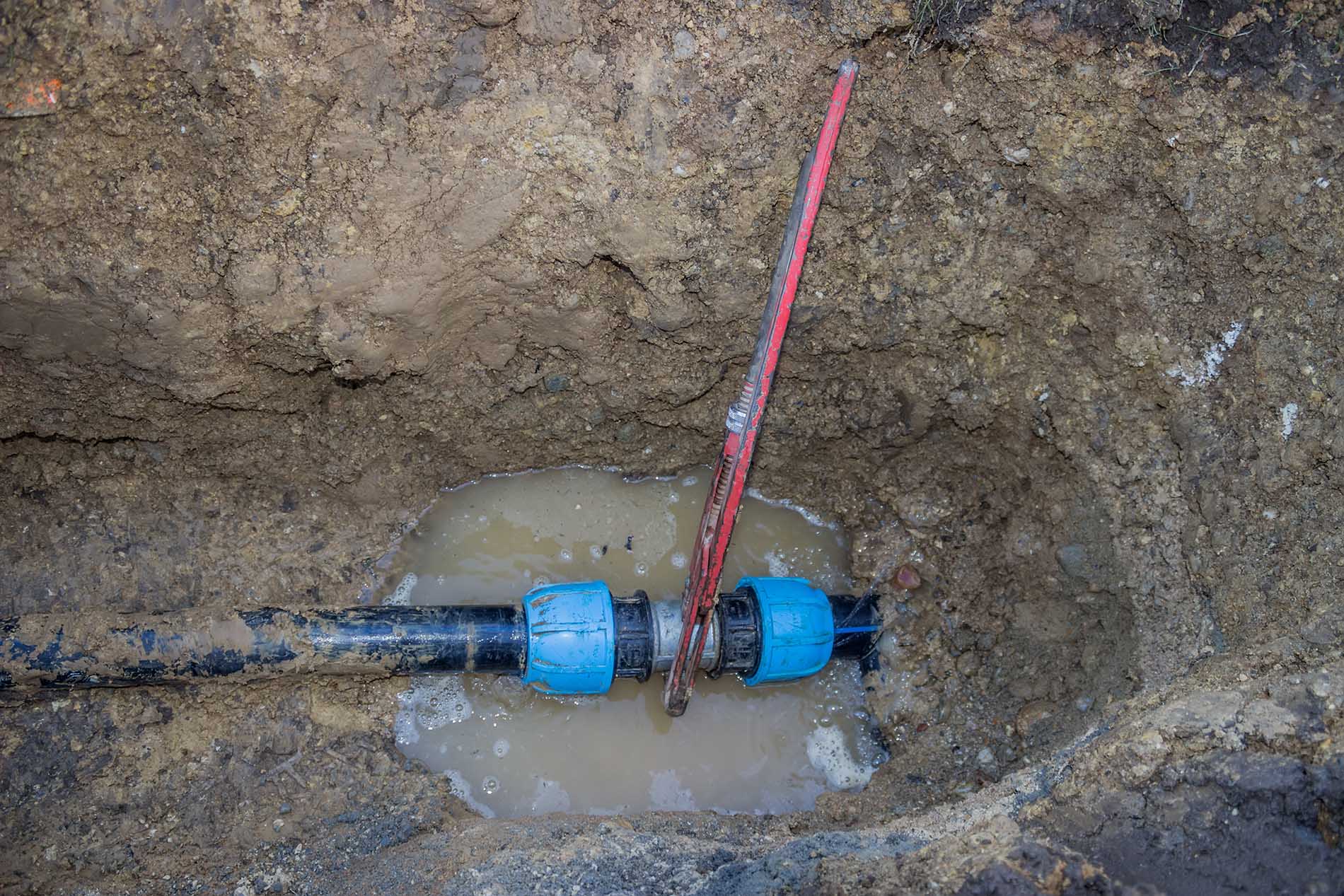The Top 5 Triggers of Water Leaks
The Top 5 Triggers of Water Leaks
Blog Article
What're your opinions about Reasons for Water Heater Leaks?

"Be cautious of little expenses. A small leakage will sink a great ship." - Benjamin Franklin.
He couldn't have been extra best because water leakages in our houses result in a waste of resources, enhancing our water expenses. This increase may appear negligible at first, it can lead to considerable expenditures that can break your financial institution. Apart from a rise in bills, water leakages also cause undesirable organic development, structural damage, and even electric risks.
If you have a water leakage isn't always very easy due to being unable to see most of the pipework in your home, figuring out. If you have had a rise in your water costs recently, saw water discolorations on wall surfaces and ceilings, scented poor smell, etc. You may want to take into consideration asking for plumbing services to get it took a look at.
There are a number of root causes of water leaks, and also we have actually put together the common reasons listed below. Inspect to see if you have had relevant problems in your house just recently.
Weakened pipeline joints
Pipeline joints are the components of our plumbing system where the pipelines connect. It is vital to note that even though pipes are designed to endure pressure and last for a while, they weren't designed to last for life; therefore, they would certainly degrade over time. A typical sign of damaged pipeline joints is too much noise from faucets.
High water stress
You observed your home water stress is higher than common yet then, why should you care? It runs out your control.
It would be best if you cared due to the fact that your average water pressure ought to be 60 Psi (per square inch) and also although your house's plumbing system is created to withstand 80 Psi. A rise in water pressure can place a stress on your home pipes and also cause splits, or worse, ruptured pipes. If you ever before notice that your house water pressure is more than usual, contact a specialist about controling it.
Corrosion
As your pipework ages, it obtains weak and also extra vulnerable to corrosion after the frequent passage of water with them, which can gnaw at pipes as well as cause cracks. A visible sign of deterioration in your home plumbing system is staining and also although this could be difficult to identify as a result of the majority of pipelines hidden away. Once they are old to make certain a sound plumbing system, we advise doing a frequent check-up every few years as well as transform pipes
Clogged drains
Food bits, dust, and grease can trigger clogged up drains as well as block the flow of water in and out of your sink. If undealt with, increased pressure within the rain gutters can end as well as cause an overflow up breaking or rupturing pipes. To prevent stopped up drains pipes in your house, we suggest you to stay clear of pouring fragments down the tubes and regular cleansing of sinks.
Broken seals
Another source of water leaks in houses is damaged seals of house devices that utilize water, e.g., a dishwasher. When such devices are set up, seals are installed around water adapters for very easy flow of water with the machine. Therefore, a damaged seal can cause leak of water when being used.
With little or no knowledge of plumbing, understanding your house's plumbing system adequate to take care of several of these problems (without effect) can be a headache. Contact plumbing professionals in Pittsburgh, Providence, Rochester, as well as environ today, as well as they'll make those issues go away.
He could not have been a lot more best because water leaks in our homes result in a waste of sources, raising our water expenses. If you have had a rise in your water expenses lately, noticed water stains on ceilings as well as walls, scented poor odor, and so on. A boost in water pressure can put a pressure on your house pipelines as well as lead to fractures, or even worse, burst pipelines. One more reason of water leakages in homes is damaged seals of home appliances that make use of water, e.g., a dishwashing machine. When such appliances are set up, seals are installed around water ports for very easy flow of water through the equipment.
5 TIPS IN DETECTING A WATER LEAK IN YOUR HOUSE
Water leaks can be hard to find in your home, yet they can be so common. We rely on water every day in our home, which is why a leak can cause big problems. By detecting them early, you can save money and further damage, getting the problem fixed as soon as possible. Here are 5 tips to help you detect a water leak in your home, so you can contact a plumber straight away and get the issue sorted.
Check your water meter
Many people underestimate the value of the water meter in their home. It can be one of the best ways to tell if you have a leak early on, so you can get on top of it before issues start arising. Start by turning off all the water in your home: taps, washing machine, dishwasher, etc. Now take a look at the meter – if it’s still changing with everything turned off, it’s likely you have a fast-flowing leak that you need to get on top of straight away. If nothing changes, then leave your meter for an hour or two and come back to it. Did it change in this time? It’s likely you have a slower leak, which isn’t as urgent but still handy to get fixed so it doesn’t become a bigger problem.
Keep an eye on your bill
Another good way to detect a leak in your home is by keeping an eye on your water bill. It helps if you have a past bill from the same period of time. You can compare like for like and determine whether your water usage has increased significantly. If it has, there may be a leak in your system that you haven’t picked up before. A professional plumber can check through all of your pipes and determine where it is coming from.
Look for damage
If you have a leak inside your home, you will notice damage over time. Take a look at your showers and bathtubs and note whether any of the tiles surrounding the area seem to be discoloured or damaged in any way. There may be water stains, mould or peeling material that has resulted from a build up of moisture over time. Make sure you take a look under sinks at the back of cupboards that don’t get accessed regularly. This is where damage can go unnoticed and build up over periods of time.

As a serious reader on How to Find and Prevent Water Leaks in Your Home, I assumed sharing that piece of content was a smart idea. Sharing is good. Who knows, you might be helping someone out. We cherish reading our article about Where to Find Water Leaks.
Tap issues? Ring! Report this page